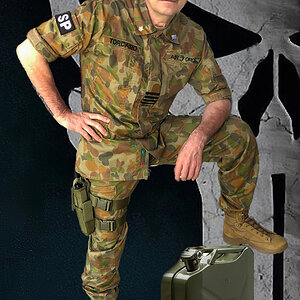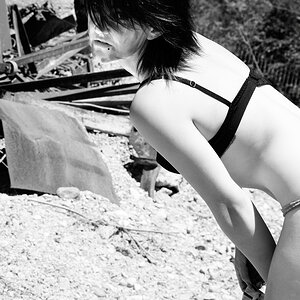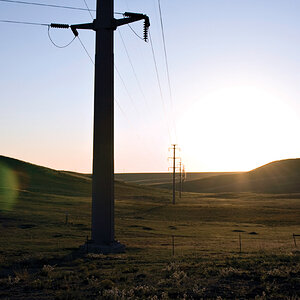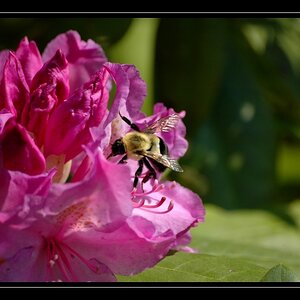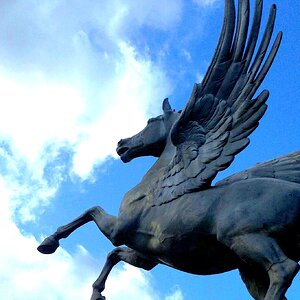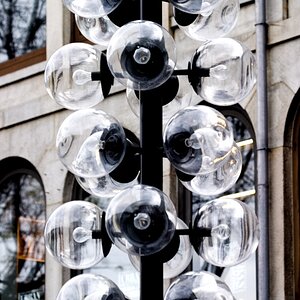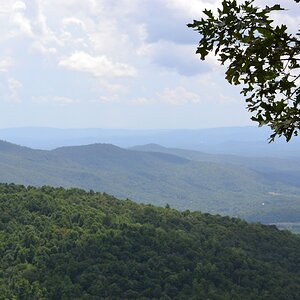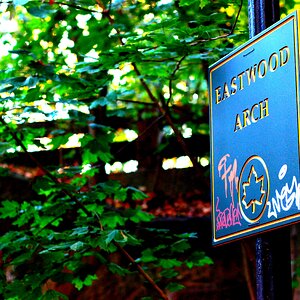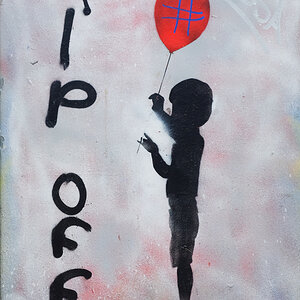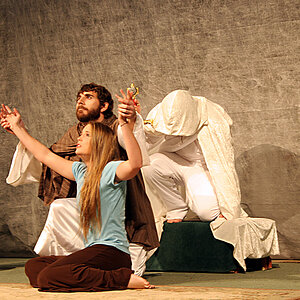I'm going to be a senior in high school, and I'm considering photography has a career path. I've been looking at some art technical schools in the surrounding area, trying to get an idea of what the programs and curricula are like.
I've come across two different degree programs... One is being called "Photography" and the other is being called "Photographic Imaging." I'm wondering if there is anyone here who can explain the difference between these two fields. It appears to me that the Photography program has a lot more courses designed for working with film, but I'm really clueless.
If anyone can help me with this, or offer any other advice on the matter, I would greatly appreciate it. Thanks! =]
I've come across two different degree programs... One is being called "Photography" and the other is being called "Photographic Imaging." I'm wondering if there is anyone here who can explain the difference between these two fields. It appears to me that the Photography program has a lot more courses designed for working with film, but I'm really clueless.
If anyone can help me with this, or offer any other advice on the matter, I would greatly appreciate it. Thanks! =]


